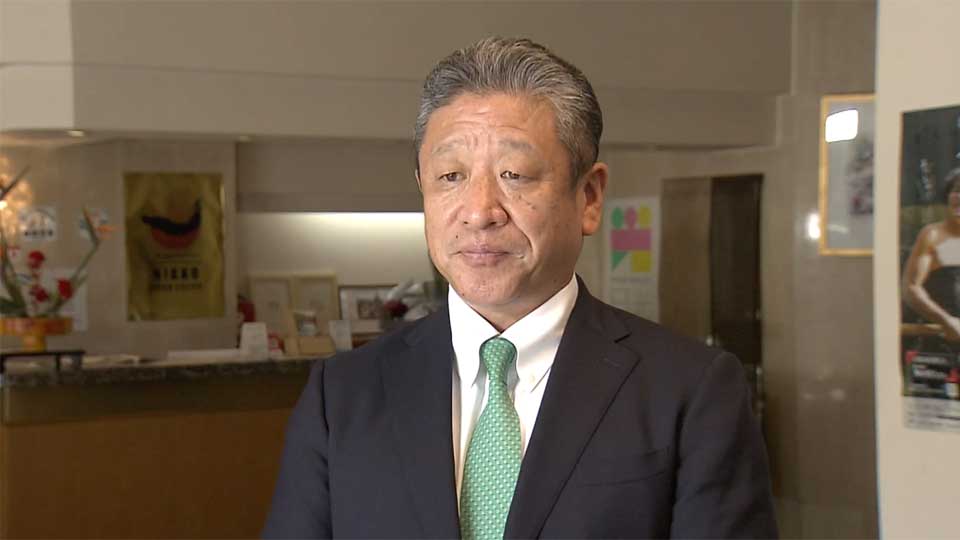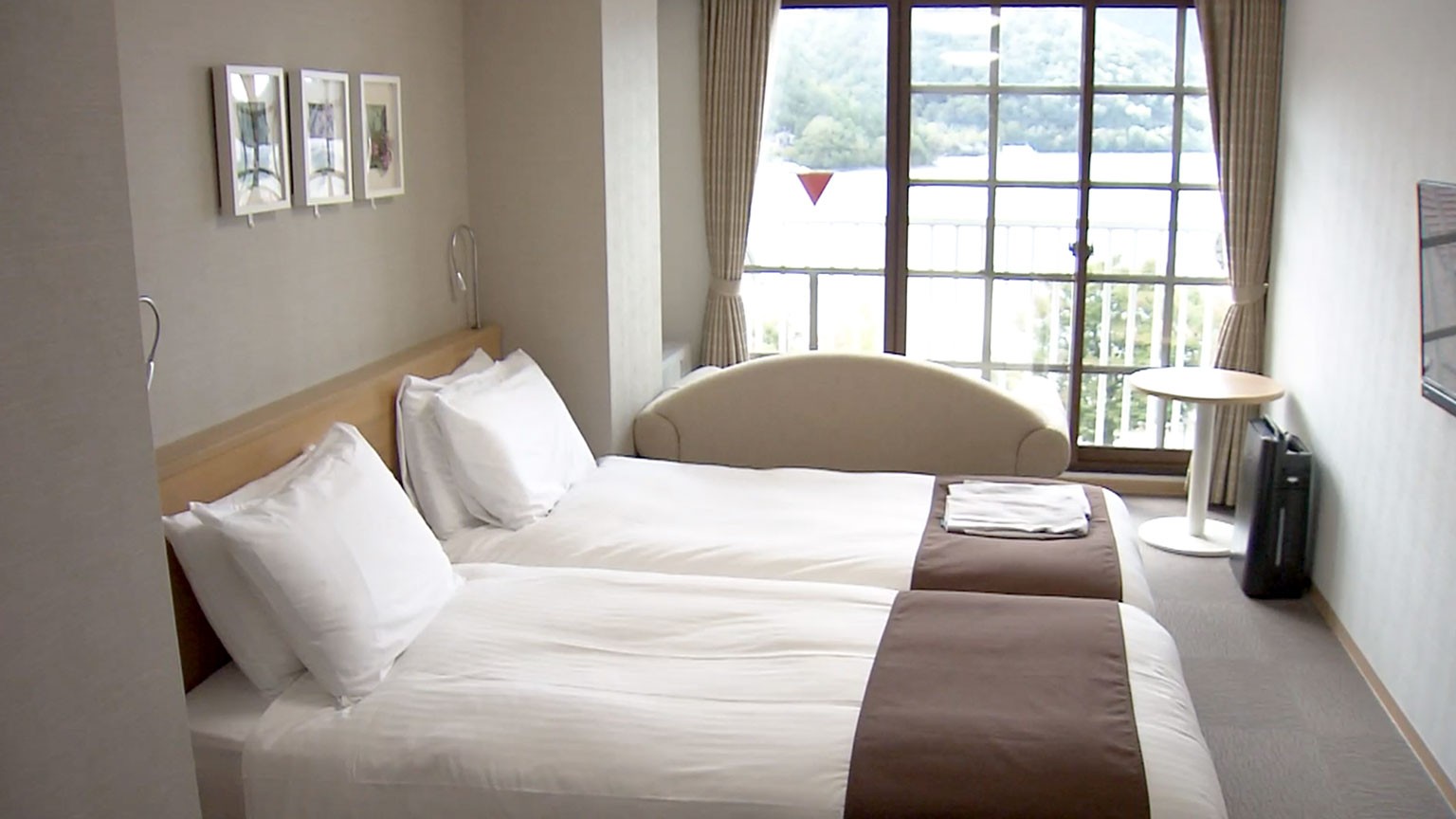The move follows revisions to the Hotel Business Law that come into effect in December.
The advisory panel on Tuesday listed several example cases in which hotels can refuse accommodations to guests and prospective customers, including those who demand unreasonable discounts or services.

Hotels will also be able to refuse accommodations to people who demand an apology in a way that is socially unacceptable, such as telling staff to get down on their hands and knees to apologize.
While the hotel industry welcomes the change to the law, it is raising concerns among people with disabilities. They fear they could be rejected by hotels if it isn't properly implemented.
Revisions prompted by pandemic
Under the Hotel Business Act, which came into effect in 1948, it's very difficult for hotels to refuse accommodations, even when guests are abusive or extremely unreasonable.
During the COVID-19 pandemic, there were a number of cases in which guests refused to comply with anti-infection measures, such as wearing masks and having their temperatures checked. This prompted the hotel industry to ask the government to allow them to refuse accommodations in such cases.
Bad guest behavior runs rampant
Hotel operators in Japan say bad guest behavior has taken a toll on their employees.
In one case at a hotel in Tochigi Prefecture, a member of the cleaning staff informed a male guest who was using the communal bath that it was now closed. He responded by yelling. The guest had a history of abusive behavior at the hotel that had caused one staff member to request a transfer and another to quit.
At an accommodation facility in Hyogo Prefecture, a guest requested a refund for both their room and for transportation expenses after complaining about the room's cleanliness. When the facility said it would only issue a room refund, the guest threatened to write a negative online review.
Kamio Kazuhiko, the president of Hatago Nagomi — a Japanese traditional inn in Tochigi Prefecture — says his facility has also struggled with unreasonable guest requests.
"No matter how unreasonable their requests are, the guests can threaten us with bad online reviews if they're not satisfied," Kamio said. "That's a very frightening weapon for people in the service industry."
Kamio says one staff member quit after a guest criticized them by name online.

Sakai Yuka, who works at a nonprofit organization that offers advice to companies on how to deal with bad customer behavior, believes smartphones and the ability to complain online have significantly lowered the psychological hurdle for complaining.
"Most people have smartphones that allow immediate online access to post complaints and this appears to give customers who exhibit such behavior a sense of entitlement. They think their complaints are sacrosanct and must be heeded," Sakai said.
She believes that stress caused by the pandemic may be fueling the phenomenon.
Sakai may well be right. Data shows such incidents increased after the pandemic began.

Reasonable consideration for the disabled versus excessive demands
The panel has been discussing the issue of unreasonable guest demands not only with the accommodation industry but also with groups representing people with disabilities and leprosy patients.
It also outlined cases in which hotels cannot refuse accommodations.
This includes asking hotels to make "reasonable consideration" for people with disabilities. People can ask hotels to move beds and tables to make rooms wheelchair-accessible. People with developmental disabilities can also request adjustments for things such air conditioning and volume settings.
Furthermore, the panel says people with disabilities can be accompanied by caregivers and assistance dogs. And the disabled can demand apologies if they are subject to unfair discrimination.
Nevertheless, some people remain concerned the revised law could lead to discrimination.
Hosono Naohisa, who frequently stays in hotels, cites a recent case in which he was refused accommodations.
Hosono, who uses a wheelchair, said he was trying to make a reservation when he was told that disabled people cannot stay at that hotel without personal assistants.

He later learned the hotel had implemented the rule after disabled guests demanded bathing assistance, which it found difficult.
"There is a fine line between reasonable consideration and excessive demands. I hope hotels don't respond to the latter by refusing accommodations for all disabled people," Hosono said.
